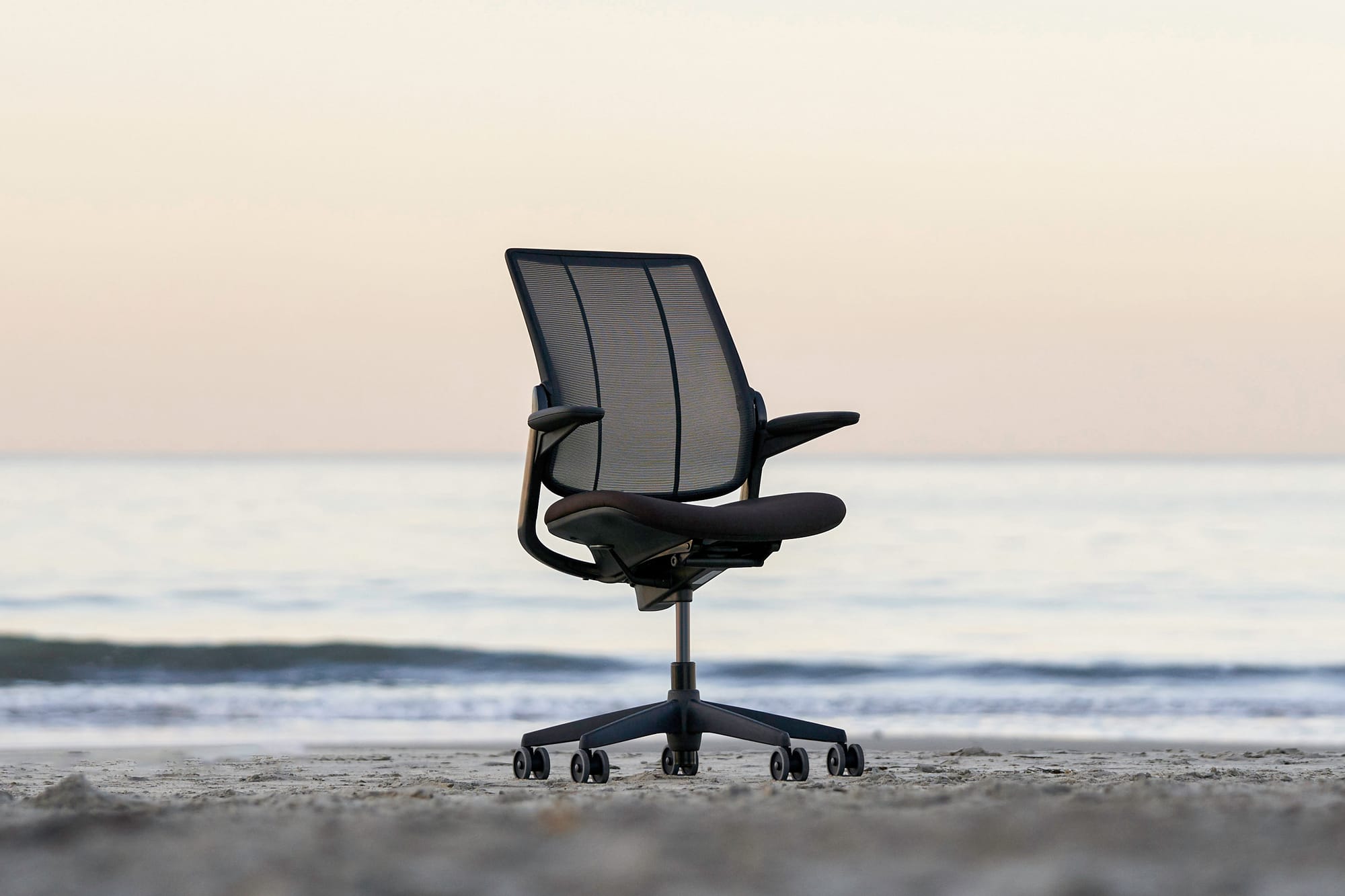Beyond Sustainability as Usual: Inside Humanscale’s Efforts to Improve the World
The office furniture company wants to improve the environment and society, not just reduce harm.

While much of the corporate sustainability world tries to reduce emissions or reach net-zero goals, office furniture company Humanscale has been aiming a step further.
About a decade ago, internal conversations at the company centered around defining what they meant when they said they wanted to be sustainable.
“And where we landed was that we wanted to leave the world better off because we're here,” says Jane Abernethy, chief sustainability officer at Humanscale. “Just doing less harm might not be good enough.”
While it’s better to have some goals around reducing environmental harm than none at all, “it's still going in the wrong direction, just less quickly. It's still not leading us to the future we want,” she adds.
